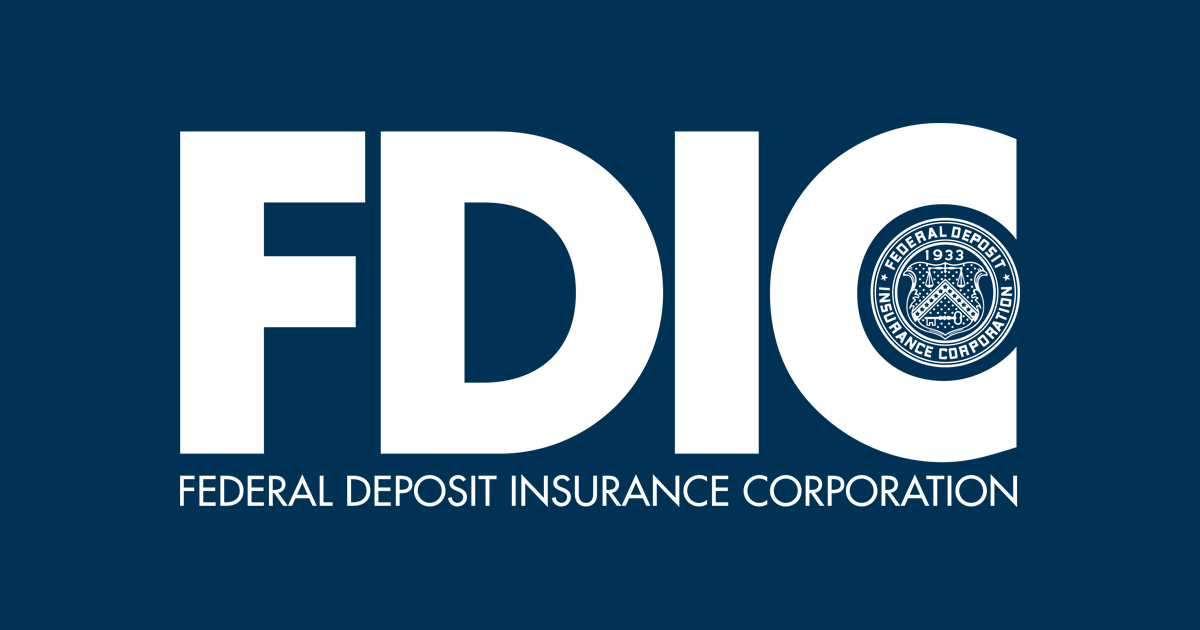Hamartia Antidote
ELITE MEMBER

- Joined
- Nov 17, 2013
- Messages
- 35,188
- Reaction score
- 30
- Country
- Location

China's bad banks face rising liquidity risks with limited funding choices
China’s distressed debt managers are struggling to trim their own highly leveraged balance sheets and will find it hard to take on more stressed assets, especially from the property sector.
China’s distressed debt managers face rising liquidity risks and dwindling funding options as the authorities turn to them to rescue beleaguered property developers.
The government has asked the country’s four state-owned bad debt managers to take on more stressed assets, especially in the property sector, according to Chinese media reports. Yet with highly leveraged balance sheets and corporate governance issues, the country's four bad debt managers, also known as asset management companies, or AMCs, will struggle to do so.
The top four AMCs — China Cinda Asset Management Co. Ltd., China Huarong Asset Management Co. Ltd., China Great Wall Asset Management Co. Ltd. and China Orient Asset Management Co. Ltd. — had total debt-to-equity ratios range from 400% to 1,200% at the end of June, according to S&P Global Market Intelligence data.
"China's AMCs find themselves in a position where they have so much to do with so little resources," said Bruce Pang, head of Greater China research at property consulting firm Jones Lang LaSalle. They need to go back to basics and enforce greater scrutiny over the debts they acquire, Pang said.
The directive to rescue cash-strapped property developers is likely to further expose the cracks in China’s "bad bank" system, once a poster child of Beijing’s resolve to clean up legacy bad loans and create a more resilient banking system.
Limited capacity to help
Established about two decades ago, the top four AMCs have expanded far beyond distressed asset disposals to become financial conglomerates.
Fueled partly by the availability of cheap funds and the proliferation of shadow banking over the years, the AMCs expanded into several activities including arranging debt for local governments. While initially successful, the business model has struggled in recent years as Beijing clamped down on excessive borrowing and risky shadow lending.
Some bad banks, such as China Huarong, have struggled to secure fresh short-term funding to service their debt after years of expansion with cheap funding from shadow loans via complex structures.
"We expect AMCs to have limited capacity to commit their own balance sheet to rescue property developers or contribute to the real estate funds," said Yiran Zhong, director for financial institutions ratings in Greater China at S&P Global Ratings. At most, these entities could lend their expertise in helping to resolve the property crisis, Zhong said.
AMCs were originally designed to acquire bad debts, with government funding, from China's four largest banks and dispose these debts through reselling or restructuring to minimize losses.
The complex structure of some recent stalled property projects and lack of historical pricing benchmarks have made it challenging for investors such as AMCs to acquire bad loans, Minsheng Securities said in a Sept. 15 report.
Only 42 property M&A deals totaling 40.2 billion yuan were estimated to be completed in the first half of 2022, the brokerage firm said. That is about a quarter of the amount and activity seen in the same period a year ago.
The AMCs have also gradually reduced their exposure to the property sector to 40%-45% of restructured distressed assets as of end-June, compared with more than 50% before 2019, Ratings said in a Sept. 21 report. Still, their securities investments and assets acquired from distress sales make them sensitive to the troubled industry, Ratings said.
Funding challenges
Fund raising also remains difficult for these companies. Huarong, for instance, had to raise additional capital in 2022 to keep its capital adequacy ratio above the regulatory requirement of 12.72%, Ratings said.
Huarong also reported a net loss of 18.6 billion yuan in the first half due to high impairment losses and declining asset quality amid an economic slump and a downturn in the real estate sector. Another large AMC, Cinda, offered a similar explanation for its 33% year-over-year earnings drop to 4.51 billion yuan in the same period.
Cinda and Huarong did not respond to queries from Market Intelligence.
If the bad banks manage to raise capital cheaply, they should be able to absorb more losses from the property sector, Nicholas Yap, an analyst with Nomura International, said in an Aug. 31 note.
Cinda raised additional Tier 1 capital in the onshore market at 4.33% in February, while Huarong raised the same by 4.34% in June, according to their earnings reports. Those rates are relatively low and imply some form of indirect government support, Yap said.
Still, the top four AMCs continue to be restructuring targets themselves.
There is a plan to have state-run conglomerate China Everbright Group Ltd. take over Great Wall and to merge Cinda and Orient into one nationwide distressed asset manager, Caixin reported in March, citing people familiar with the situation.
China Everbright, Great Wall and Orient did not respond to queries from Market Intelligence.
Huarong, once the biggest AMC in China, was bailed out by Citic Group Corp. in a 42 billion yuan deal in 2021 after it reported a 102.9 billion yuan loss in 2020. By March 2022, Citic became Huarong's biggest shareholder with a 26.46% equity stake. At the time, Huarong attributed its losses to an "aggressive and disorderly expansion" under former Chairman Lai Xiaomin, who was executed for corruption and abuse of power.





